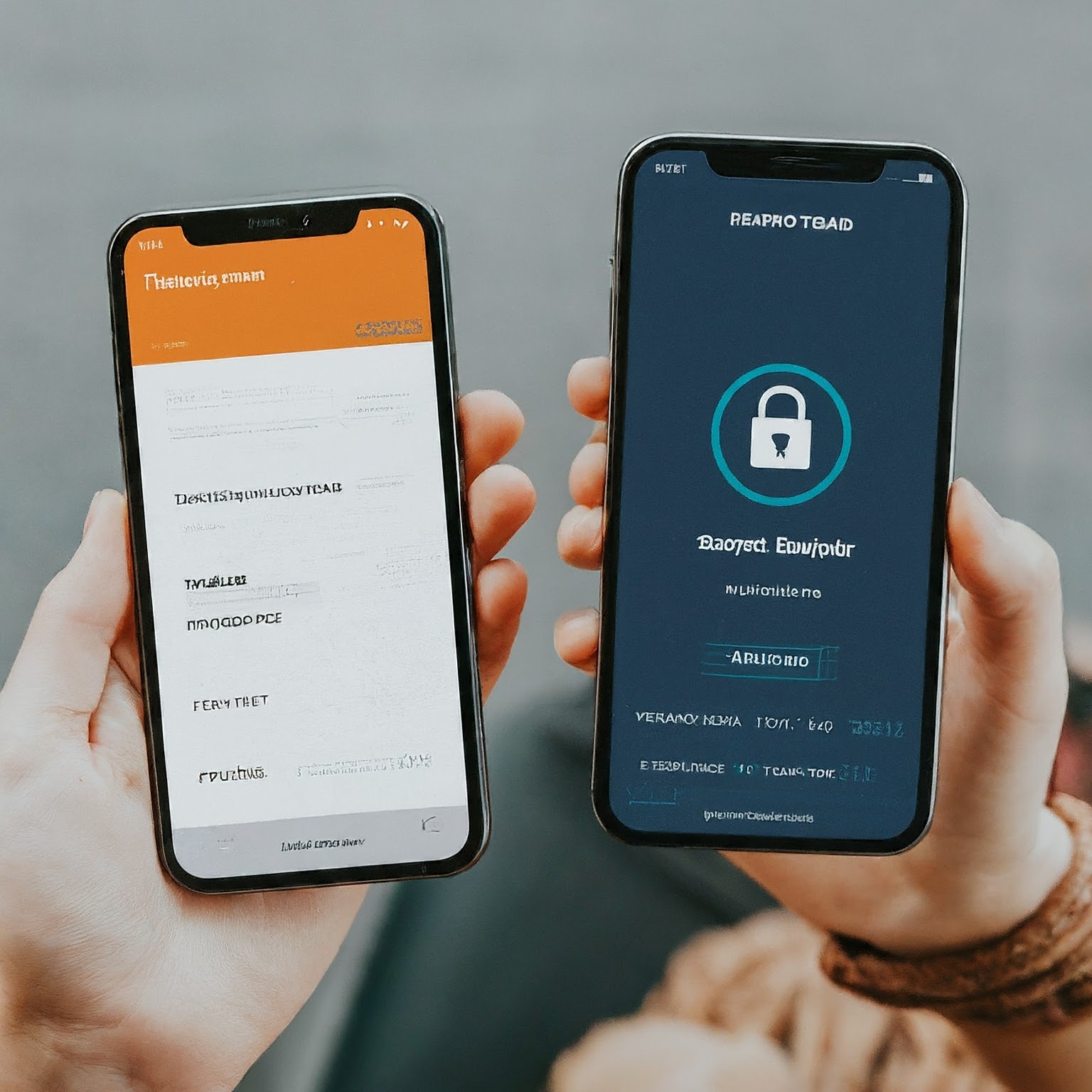- 5 June 2024
- 51
Phones: Apps or Websites? Unlocking the Safest Choice for Your Smartphone

About the Author
Hi everyone! I’m Sarah, a cybersecurity enthusiast and blogger passionate about helping smartphone users navigate the digital world with confidence. Today, we’ll delve into the security debate – apps versus websites – to help you make informed choices.
Understanding the Landscape: Apps and Websites
Smartphones have revolutionized how we access information and complete tasks. But with convenience comes responsibility – protecting our data and privacy online. Here’s a breakdown of the two main contenders:
- Mobile Apps: Downloaded and installed programs on your phone, offering dedicated functionalities and offline access (sometimes).
- Mobile Websites: Webpages optimized for smartphones, accessed through your browser and requiring an internet connection.
Security Showdown: Apps vs. Websites
Both apps and websites have inherent security risks. Let’s explore these in detail:
- Permissions: Apps often request access to features like location, camera, or microphone. While some are necessary, excessive permissions raise red flags. Websites typically request fewer permissions, enhancing privacy.
- Data Storage: Apps often store data on your phone, making it vulnerable if compromised. Websites generally store data on their servers, offering a potentially more secure environment (depending on the website’s security practices).
- Updates: Outdated apps with security vulnerabilities can be exploited by hackers. Websites are typically updated by the owner, potentially mitigating this risk.
Informative Table: Security Considerations – Apps vs. Websites
| Feature | Apps | Websites |
|---|---|---|
| Permissions | Potentially request extensive access | Typically request fewer permissions |
| Data Storage | Data stored on your phone | Data typically stored on website’s server |
| Updates | Reliant on user updates | Managed by website owner |

Choosing the Secure Path
There’s no one-size-fits-all answer, but here are some guiding principles:
- Sensitivity of Data: For tasks involving sensitive data (banking, healthcare), prioritize websites with strong encryption practices.
- App Reviews: Before downloading an app, check user reviews and ratings for security concerns.
- Website Reputation: Choose established websites with a proven track record of security. Look for HTTPS encryption in the address bar.
- Permissions Scrutiny: Only grant apps permissions absolutely necessary for their function.
Securing Your Smartphone: Beyond Apps and Websites
Remember, security is an ongoing process. Here are some additional tips:
- Install a reputable mobile security app.
- Enable two-factor authentication for all accounts.
- Be cautious about clicking on suspicious links or downloading unknown files.
- Keep your operating system and apps updated.
By understanding the security landscape of apps and websites, and implementing these simple practices, you can significantly enhance your smartphone’s security posture and navigate the digital world with greater confidence.

